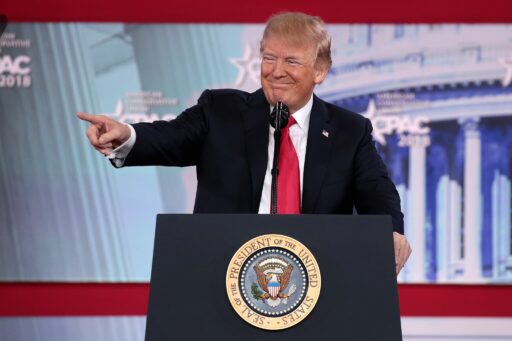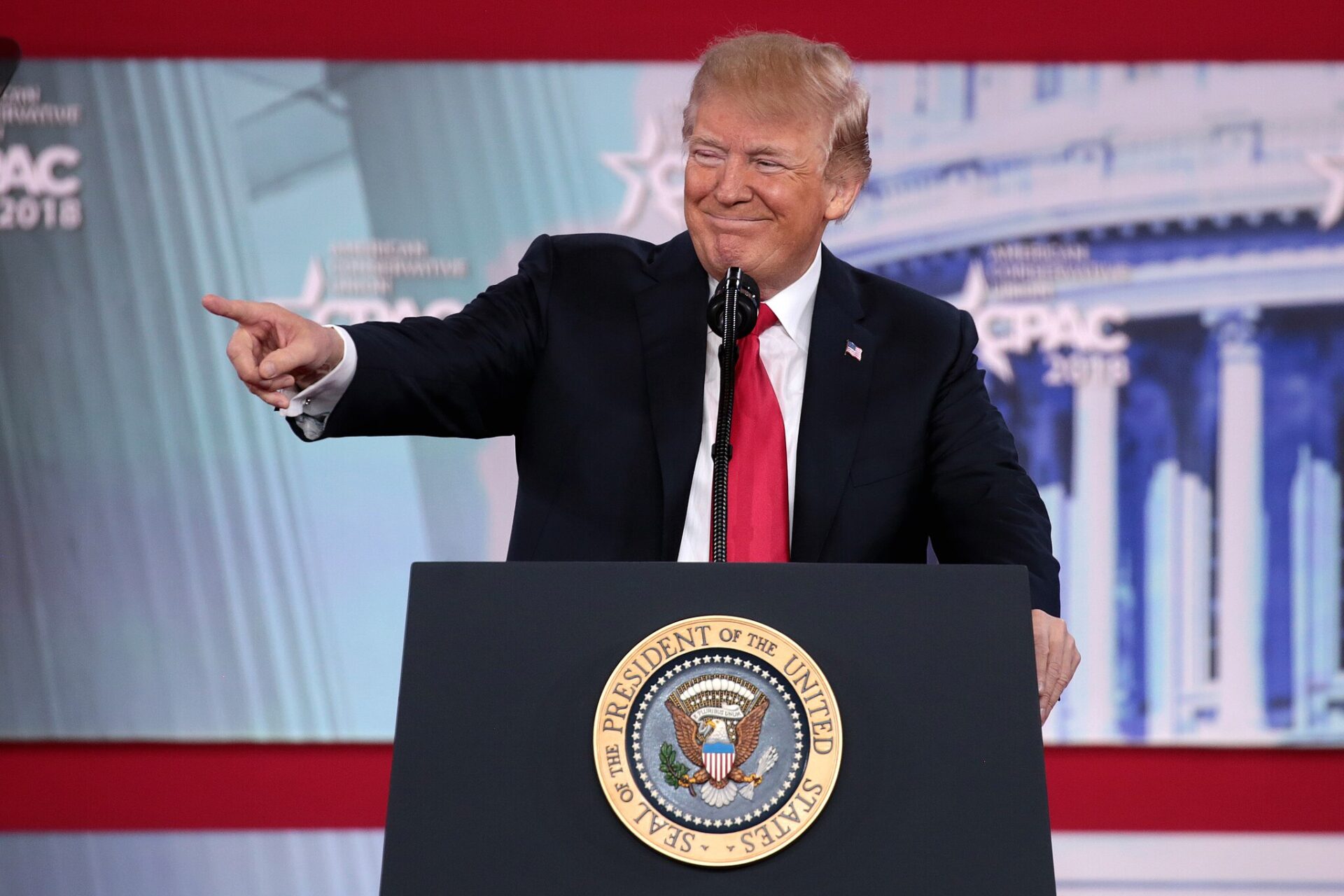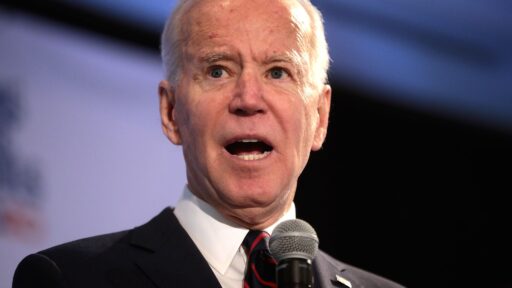Senate Republicans are once again raising doubts about Trump.
A number of Senate Republicans are voicing unease about former President Trump’s threats of political retribution following the 2024 election, cautioning that retaliatory legal actions could steer the nation down a perilous path.
Leading Senate Republicans, including Mitch McConnell of Kentucky and John Thune of South Dakota, have shown little interest in supporting Trump’s desire to prosecute top Biden administration officials or his long-time adversary Hillary Clinton.
Some GOP senators are also opposing conservative colleagues who are advocating for a freeze on Justice Department funding or defunding special counsel Jack Smith’s criminal investigations into Trump. They are wary of instigating a government shutdown over the Justice Department’s budget or other retaliatory measures favored by Trump’s supporters.
Senator Mike Rounds of South Dakota expressed that while he believed Manhattan District Attorney Alvin Bragg’s case against Trump was unjust, he is worried about Trump’s pledge to pursue politically motivated prosecutions if he returns to office. “This is not the direction we want this country to go,” Rounds stated. He emphasized the need for responsible leadership in both the Senate and the judiciary, steering clear of retaliatory prosecutions. “I don’t want to see a tit-for-tat on prosecution,” he said. “We need to return to the principles envisioned by the Founding Fathers, with a judiciary free from extreme political appointments.”
Trump recently stirred controversy by telling Phil McGraw on the “Dr. Phil” show that revenge can sometimes be justified, indicating a potential for retribution if re-elected. Additionally, Trump’s suggestion of appointing Texas Attorney General Ken Paxton as U.S. Attorney General did not sit well with some Senate Republicans. Senator John Cornyn of Texas responded cautiously, indicating Trump would have many options to consider.
Senator Mitt Romney of Utah stated he would not support efforts to freeze Justice Department funding or defund the special counsel, clarifying that the Manhattan case was separate from the Justice Department’s activities. Similarly, Senator Susan Collins of Maine, a key member of the Senate Appropriations Committee, dismissed such funding freezes as impractical given the Democratic control of the White House and Senate.
During a Senate Republican lunch meeting, there was no discussion on how to handle Trump’s conviction, reflecting a desire among GOP leadership to avoid getting entangled in Trump’s legal issues. Senior Republicans have previously dismissed Trump and his allies’ calls to defund the Justice Department and FBI, with Senator Lindsey Graham condemning such rhetoric as “irresponsible.”
Senator Mike Lee of Utah has led a faction of conservatives pledging to oppose any Justice Department funding increases following Trump’s Manhattan conviction. However, top Senate Republican leaders, including McConnell, Thune, and John Barrasso, had not signed this pledge.
Efforts to reduce the inflammatory rhetoric have also emerged, with Senator Lisa Murkowski of Alaska emphasizing the fairness of Trump’s trial process while acknowledging debates about the legitimacy of the charges. Murkowski noted the public’s long-standing awareness of Trump’s hush money payments to Stormy Daniels and questioned the timing of the charges.
In summary, many Senate Republicans are distancing themselves from Trump’s calls for political retribution, focusing instead on maintaining judicial integrity and avoiding retaliatory legal conflicts that could harm the nation’s governance.







